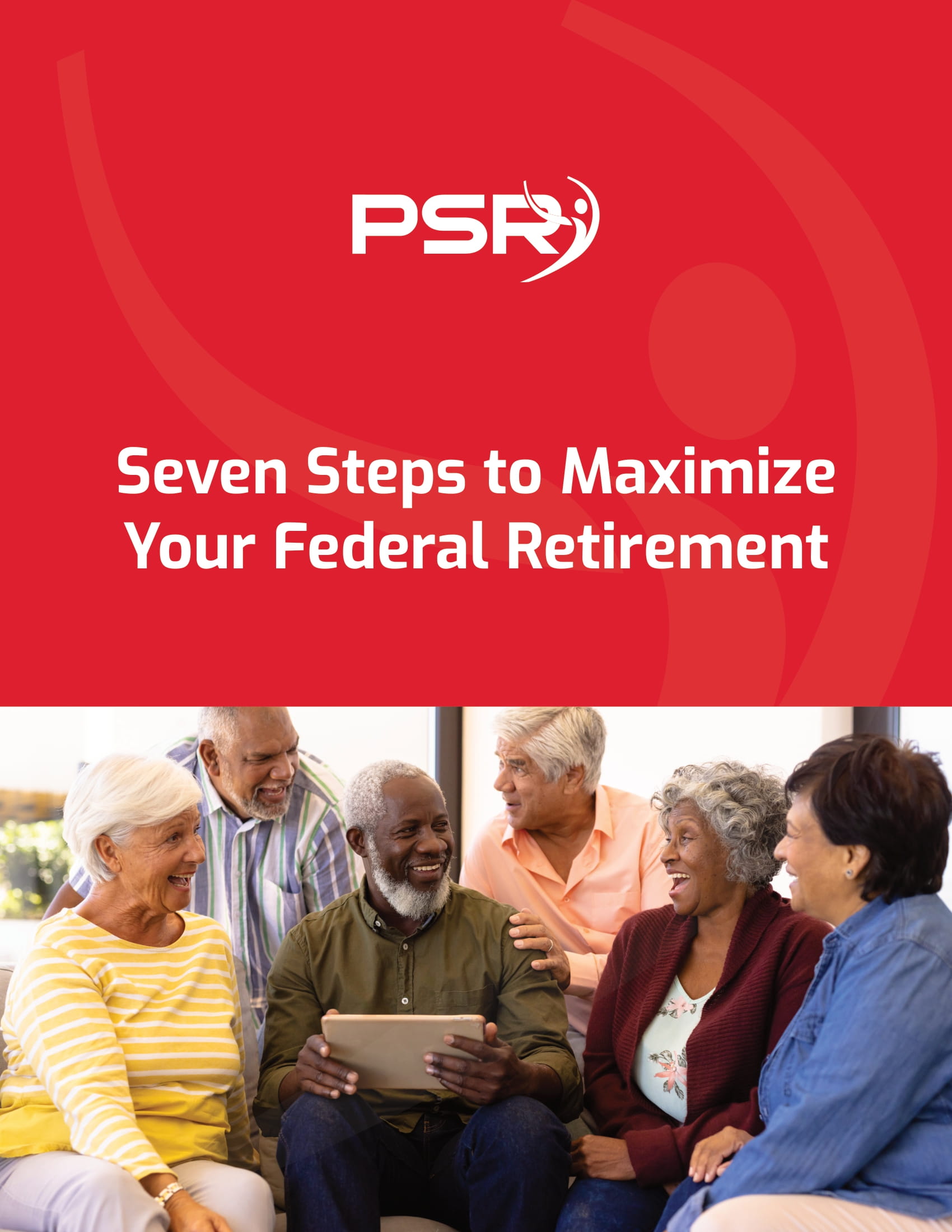Every day, about 10,000 Americans reach the age of 65. After paying Medicare taxes for decades in employment, many people may soon exit the workforce and claim the Medicare benefits they believe they are entitled to.
That coverage does not always ensure that patients have timely access to the doctors or experts they desire. It’s no surprise that seniors are increasingly choosing privately controlled Medicare Advantage plans, which often provide better value than traditional government-run Medicare.
- Also Read: Divorce and Your Federal Pension—What Happens When You Split Assets and How It Could Affect Your TSP
- Also Read: What Happens to Your Federal Benefits After Divorce? Here’s the Lowdown
- Also Read: The Best FEHB Plans for 2025: Which One Fits Your Lifestyle and Budget the Best?
This year’s Part A deductible covers hospital and inpatient care and is $1,556. Part B, which covers outpatient visits, has a $233 deductible. Also, the maximum deductible for Medicare Part D, which covers prescription drugs, is $480.
Therefore, seniors may have to pay more than $2,000 out of pocket before Medicare pays for their care. This will be on top of the thousands they may already be paying in premiums, depending on their income.
Patients must finance a portion of their medical costs through copays and coinsurance after their deductible has been met. And, because Parts A and B do not have an out-of-pocket maximum, there is no limit to the amount of cost-sharing that seniors may incur, regardless of how sick they become or how much treatment they require.
A survey by Fidelity Investments, the average couple with Medicare will need $300,000 to pay their healthcare expenditures after they retire. However, that figure only includes Medicare Parts A, B, and D out-of-pocket payments, not the cost of any healthcare services that the government does not cover.
Seniors who stay in the hospital for an extended period may face significant financial hardship. Medicare covers the first sixty days of the hospital stay. However, starting on day 61, the patient must pay $389 per day until the 91st day, when the daily payment increases to $778. Suppose the person has to stay in the hospital for an extended period or returns to the hospital frequently. In that case, they may be responsible for the entire cost of additional hospital days.
Similarly, extended stays in skilled nursing facilities are not covered by Medicare. And although someone turning 65 today has a 70% likelihood of needing long-term care in the future, Medicare will not cover it.
The government recommends purchasing a Medigap plan to assist seniors in affording the out-of-pocket costs of all of these services and those that the Medicare does not cover, such as hearing, vision, and dental. However, these supplemental insurance plans might cost up to $300 each month.
Most seniors lack the necessary savings to handle these costs.
Contact Information:
Email: [email protected]
Phone: 2129517376
Bio:
M. Dutton and Associates is a full-service financial firm. We have been in business for over 30 years serving our community. Through comprehensive objective driven planning, we provide you with the research, analysis, and available options needed to guide you in implementing a sound plan for your retirement. We are committed to helping you achieve your goals. Visit us at MarvinDutton.com . Tel. 212-951-7376: email: [email protected].












